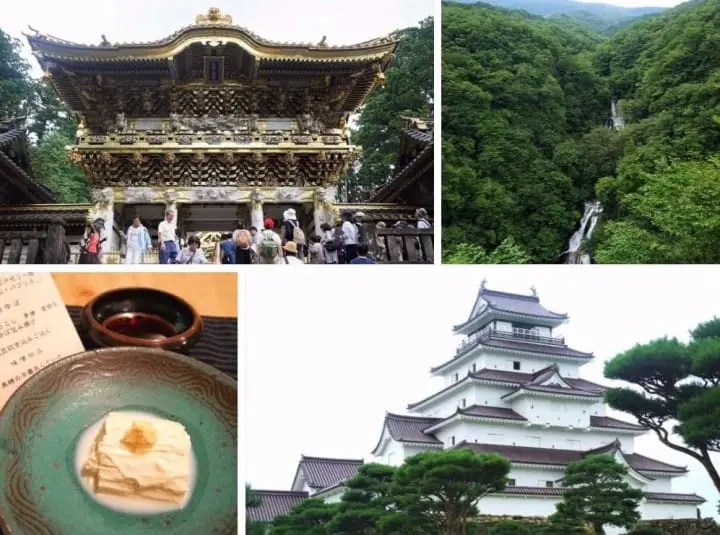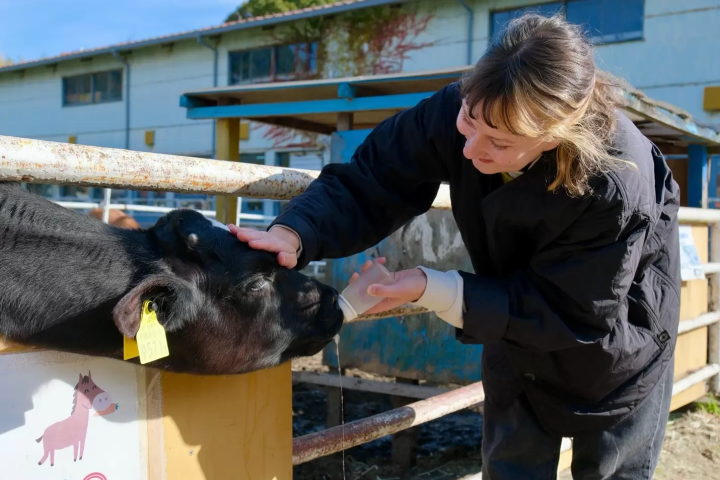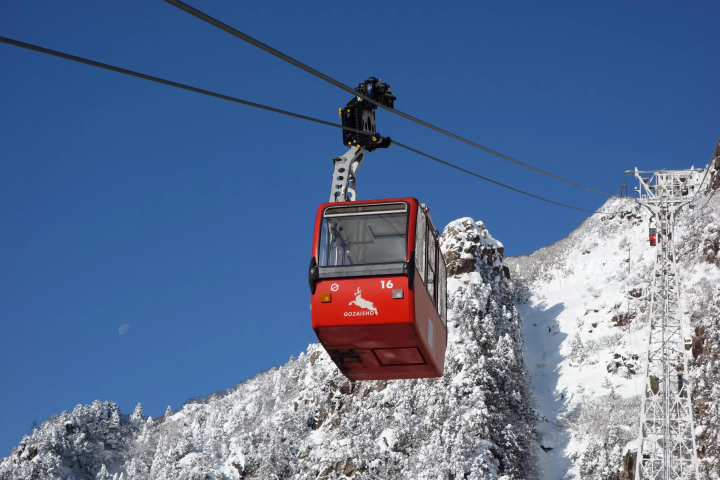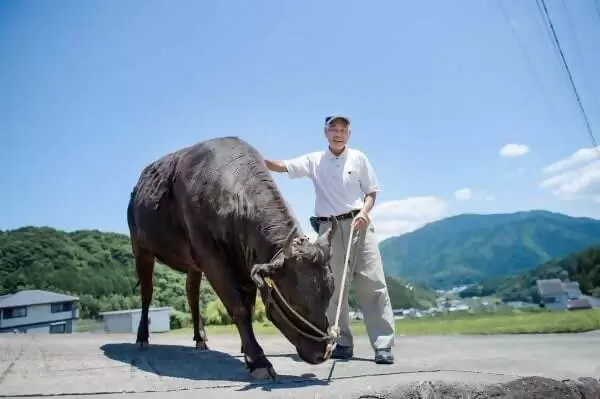Lost In Japan? Use These 10 Japanese Phrases

Have you ever experienced getting lost while walking in an unfamiliar place? We introduce phrases you can use during your trip when you get lost in Japan.
Ask the People Around You
If you’re walking in an area or on a road that you’re unfamiliar with, you might get lost, even while looking at maps or navigation apps.
In this article, we’ll introduce phrases you can use to ask the people around you the next time you get lost or are unsure of where to go.
Asking for Directions
1. Excuse me
[sumimasen]
This phrase is used when asking someone nearby a question. You can smoothly begin a conversation by using this phrase first when calling out to another party for help.
2. I’m Lost
[michini mayoimashita]
This phrase conveys to the other party that you’re lost. Use this phrase when you find yourself unsure of what to do after getting lost to ask for help from the people around you.
3. Where Are We?
[kokowa dokodeska]
If you want to know where you currently are, use this phrase.
4. Where is ◯◯?
[◯◯wa dokodeska]
Replace ◯◯ with the name of the station or place you wish to go to. with this phrase, you’ll be able to ask where it is located.
Example
Where is Tokyo Station?
[to:kyo:ekiwa dokodeska]
Words Often Used in Reply
Here are some words that will often be used in the other party’s reply.
[migi]
→ This word means the direction of this arrow or right in English.
[hidari]
← This word means the direction of this arrow or left in English.
[massugu]
This word is said to indicate moving in a straight direction and means straight in English.
Examples
Where is Kaminarimon?
[kaminarimonwa dokodeska]
Go straight and it’ll be on your right.
[massugu itte migides]
5. I Want to Go to ◯◯.
[◯◯ni ikitaides]
Replace ◯◯ with the name of your destination to convey to the other party the station or place you wish to go to.
Examples
I want to go to Shibuya Station.
[shibuyaekini ikitaides]
I want to go to Tokyo Tower.
[to:kyo:tawa:ni ikitaides]
6. How Long Does it Take (to Get There)?
[donokurai jikan kakarimaska]
This phrase is used when asking how much time it will take to reach your destination from your current location.
7. Can I Get There by Walking?
[aruite ikemaska]
Ask this question when you wish to know if your destination is a walkable distance away from your current location.
8. What is the Quickest Way There?
[do:ikunoga ichiban hayaideska]
You can use this phrase when you wish to know the quickest way to your destination.
You also have the option of asking the phrases below.
What is the easiest way to get there?
[do:ikunoga ichiban kantandeska]
What is the cheapest way to get there?
[do:ikunoga ichiban yasuideska]
Please use these phrases depending on the routes you wish to ask about. If the pronunciation is difficult for you, ask for help using the recordings.
9. Where is the Closest ◯◯?
[ichiban chikai ◯◯wa dokodeska]
Replace ◯◯ with the place you are looking for. You can also use this phrase when you want to go to the nearest station or the ATM to withdraw money.
Examples
Where is the closest station?
[ichiban chikai ekiwa dokodeska]
Where is the closest ATM?
[ichiban chikai ATMwa dokodeska]
10. Could You Take me to ◯◯?
[◯◯made tsureteitte kuremasenka]
Do you find it difficult to understand the streets? You have the option of asking the other party to lead the way by replacing ◯◯ with the place you wish to go to. However, please only ask this question after careful consideration. It will depend on the other party’s circumstances and may cause a problem to arise.
Examples
Could you take me to Asakusa Station?
[asakusaekimade tsureteitte kuremasenka]
Could you take me to the nearest station?
[ichiban chikai ekimade tsureteitte kuremasenka]
Review
1. Excuse me
[sumimasen]
2. I’m lost.
[michini mayoimashita]
3. Where are we?
[kokowa dokodeska]
4. Where is Tokyo Station?
[to:kyo:ekiwa dokodeska]
5. I want to go to Tokyo Tower.
[to:kyo:tawa:ni ikitaides]
6. How long does it take to get there?
[donokurai jikan kakarimaska]
7. Can I get there by walking?
[aruite ikemaska]
8. What is the quickest way there?
[do:ikunoga ichiban hayaideska]
9. Where is the closest station?
[ichiban chikai ekiwa dokodeska]
10. Could you take me to Asakusa Station?
[asakusaekimade tsureteitte kuremasenka]
When you lose your way, make sure to use the phrases we’ve introduced in this article and ask for help from those around you!
大学3年生です。旅行している時と美味しいものを食べる時が一番幸せです。






































![[Recommended accommodation in Ureshino Onsen] 1.5 hours from Hakata Station! Enjoy Japanese tea and skin-beautifying hot springs at Saga Ureshino Onsen URESHINO YADOYA](https://resources.matcha-jp.com/resize/720x2000/2025/06/14-236549.webp)


![[Kagoshima] Overcoming 12 Years of Hardship: Walking through Minamisatsuma City, the sacred land where the monk Ganjin landed](https://resources.matcha-jp.com/resize/720x2000/2026/02/21-259481.webp)
